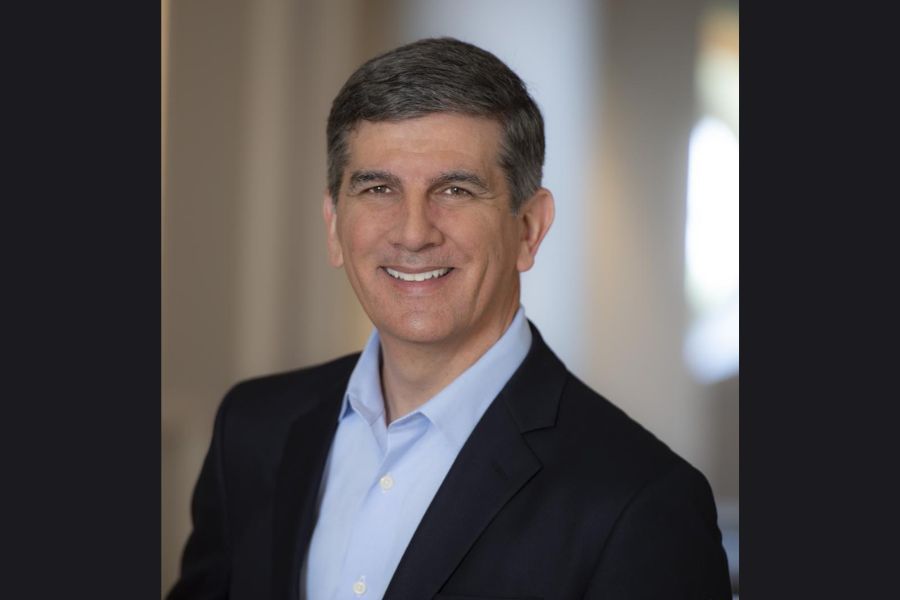In the face of global upheaval, the market stays calm. Why?
Investors look beyond geopolitical risks and focus on improving economy, corporate profits.
So much for the world being flat.
If the U.S. equity market appears to be ignoring all the global geo-political turmoil, it is. At least that’s the take from some market strategists who believe the stock market is enjoying a distinct separation from the uprisings and violent conflicts in places such as Ukraine, Iraq, Nigeria and Thailand.d.
On the escalating violence in Iraq, Doug Coté, chief investment strategist at Voya Financial Inc., said conflicts in the developing world are factored in to market valuations on an ongoing basis, because they’re almost expected.
“Every year I forecast problems in the Middle East, because it’s a given,” he said. “It’s a serious situation for the people of Iraq, just like it’s a serious situation for the people of Ukraine, but in terms of the markets, it’s already been discounted.”
The S&P 500 Index is up more 7% from the start of the year, and the benchmark has gone more than 44 sessions without fluctuating more than 1% up or down.
The smooth-riding streak is second only to 1995, when the S&P went 95 days without a single-day full-percentage-point move.
“There will always be a certain amount of geopolitical risk that you can expect,” Mr. Coté said. “But we just don’t see anything that looks like real systematic risk right now.”
Globally, he cited the end of the euro crisis, the end of the U.S. credit crisis, and a stronger Japan as reasons why “right now, 2014 is the clearest it’s been since the financial crisis.”
Rob Stein, chief executive at Astor Investment Management, said the market’s resilience should be considered against the backdrop of what is now a stronger U.S. economy than it was just a few years ago.
“The same geopolitical events can occur against different economic backdrops and create different outcomes,” he said. “A couple of years ago, these same [geopolitical] events would probably have caused a market pullback.”
Even with Iraq on the brink of being taken over by insurgents and the impact on oil prices seen as logical, Mr. Stein said the markets are comfortably separating political from economic information.
“For some reason, people confuse political issues with economic issues, but it takes a very significant and lengthy political issue abroad to cause an economic issue here in the U.S.,” he said. “I just can’t connect the dots to Crimea and the U.S. economy.”
On the risk of the fighting in Iraq driving up oil prices, Mr. Stein said, “it might have a tiny butterfly effect, but it has nothing to do with the projected future earnings of 500 stocks making up the S&P.”
(More: This is the way long-term bull markets survive and thrive)
That’s not exactly how Tim Hanson, a senior analyst at Motley Fool Funds, sees it.
“Two of our three mutual funds have international mandates, and we’re a little bit shocked that the markets aren’t reacting to what’s going on globally,” he said. “I think there is some bias related to the U.S. being in a recovery and people are probably ignoring what’s going on elsewhere in the world.”
Mr. Hanson said one of his economic indicators is the sale of cigarettes and soft drinks, as the last things people usually give up, but both have been on the decline in Europe.
“I think there is some good news in the U.S. that warrants some optimism, but I think in the U.S., people might be blocking out the risks around the world,” he said. “I think people are ignoring what’s happening elsewhere in the world and focusing on what’s happening in the U.S. because it makes them feel happier.”
Ultimately, the good news at home is overshadowing the bad news abroad, according to Jeff Kravetz, regional investment director at the Private Client Reserve of U.S. Bank.
“It is a bit surprising that the events aren’t really denting the upward direction of the equity markets,” he said. “The U.S. stock market is the strongest game in town right now, and there is a lot of favorable economic news.”
Even the issue of oil prices isn’t a top concern for Mr. Kravetz.
“Energy could become a drag on growth if the conflict in Iraq escalates,” he said. “And more instability in the Middle East could put some pressure on oil prices.”
Mr. Coté, meanwhile, won’t even go that far on the energy-risk scenario.
“Oil risk is not what it used to be as we become energy independent,” he said. “I don’t see oil going to $150 a barrel; my forecast is for $80 oil this year.”
Learn more about reprints and licensing for this article.








